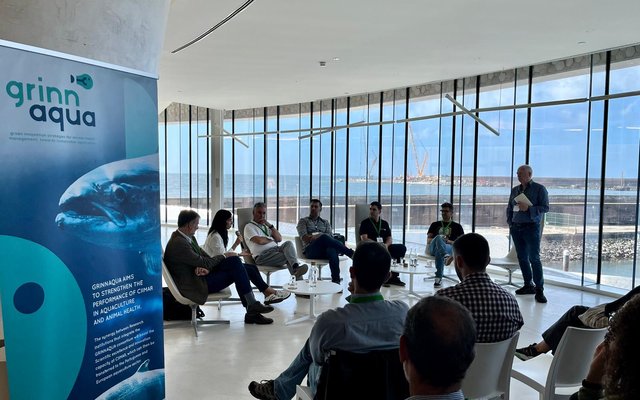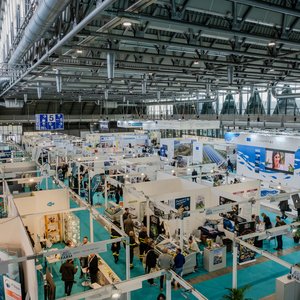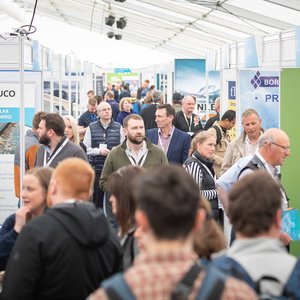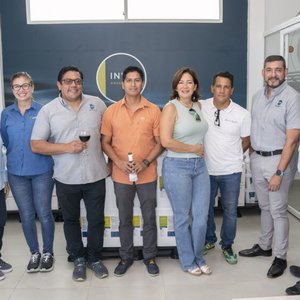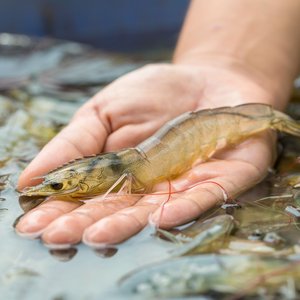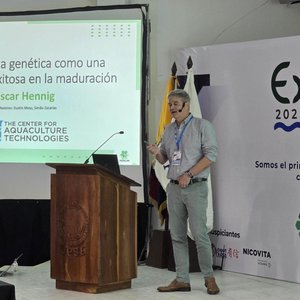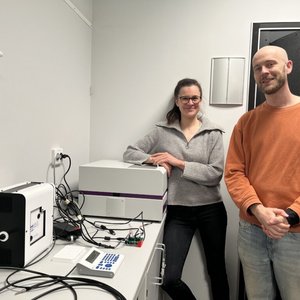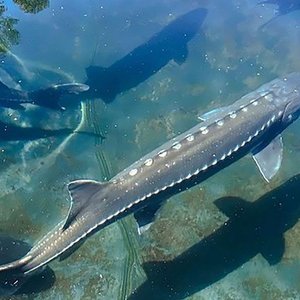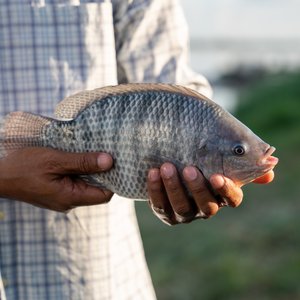A recent workshop titled Fish Health and Welfare in Industrial Aquaculture was held at the Interdisciplinary Centre of Marine and Environmental Research (CIIMAR) in Matosinhos, Portugal. This event was organized as part of the Horizon Europe project GRINNAQUA – GReen INNovation strategies for animal health management: towards Sustainable AQUAculture, in a collaboration with CIIMAR's Aquatic Animal Health group and the University of Bergen's Fish Disease Research group. Participants included industrial representatives, researchers, and the secretary of the aquaculture producers' association.
Workshop overview
The three-day workshop delved into key topics concerning fish health and welfare. The first day focused on the theoretical aspects of aquaculture and some of the primary challenges farmers face regarding fish welfare.
On the second day, participants were able to engage in histopathological training to identify major fish diseases, such as Complex Gill Disease, the impact of salmon lice, tenacibaculosis symptomatology on fish skin, and the effects of Infection Pancreas Necrosis Virus (IPNV) on the gut, pancreas, and liver of various fish species. The training from these two days was led by experts Frank Nilsen, Anita Rønneseth, Aina-Cathrine Øvergård, Egil Karlsbakk (University of Bergen) and Benjamin Costas (CIIMAR). Discussions centered on salmon louse impact, the stress induced by transport and handling, immunological responses, and nutritional strategies to improve fish welfare. Workshop materials are available on the project's website.
The final day featured a multisector overview of the impact of welfare practices on fish production, with a focus on sustainable practices. Presentations were made by João Saraiva, leader of FishEtoGroup, CCMAR, University of Algarve; Andrés González-Lecuona, fish welfare responsible at Stolt Sea Farm; Tiago Aires, technical manager of aquafeed at SORGAL S.A.; and Isidro Blanquet, secretary of the Portuguese Association of Aquaculture Producers. They shared perspectives on fish welfare from both academia and industry.
The session culminated in a roundtable discussion on Ethical Dilemmas in Industrial Aquaculture: Do’s and Don’ts, chaired by Frank Nilsen. Participants in this roundtable included panelists Andrés González-Lecuona, Isidro Blanquet, João Saraiva, and Tiago Aires, as well as Benjamin Costas and Renata Serradeiro, CEO of Flatlantic.
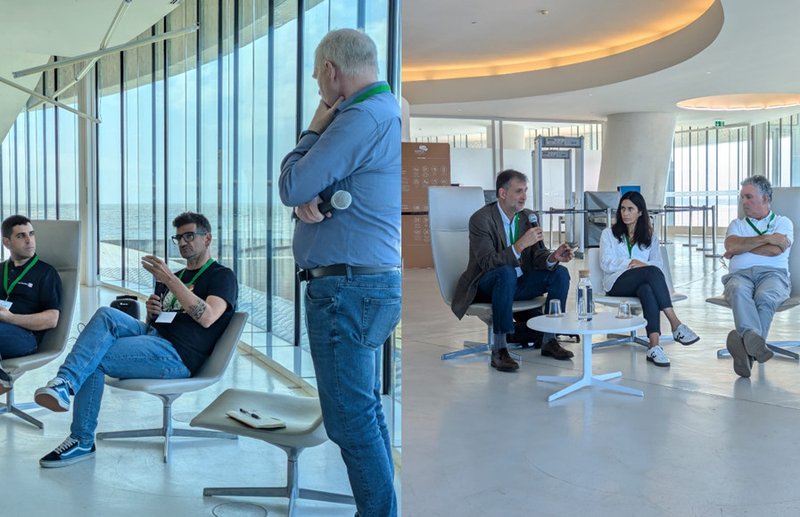
Round table participants. Credits: GRINNAQUA
Key takeaways
During the roundtable session, several industry needs and consumer perspectives were addressed. Key points are summarized as follows:
- Fish Welfare as a Priority: Panelists emphasized that better fish welfare correlates with lower pathogen incidence and higher production yields. However, there is currently insufficient data on optimal welfare practices for certain species and husbandry conditions, highlighting the need for further research.
- Innovative Health Monitoring: There is a growing demand for cost-effective methods to monitor fish health conditions and welfare that do not involve invasive handling. Artificial intelligence (AI) could play a crucial role in detecting early signs of disease or stress through behavioral analysis, though more research is needed to establish norms for different fish species.
- Challenges in Disease Treatment: Frank Nilsen raised concerns about current practices in treating sea lice in farmed salmon, where entire productions are treated due to the infestation of a few individuals. This causes significant stress to all fish. He advocated for developing methods to isolate and treat only infected fish, a significant challenge in the aquatic environment.
- Gene Editing and Future Solutions: The potential use of gene editing to combat diseases and reduce the need for costly treatments was discussed. While some countries have already approved gene-edited organisms in food production, the panel highlighted the need for Europe to engage in this debate, particularly as disease and stress in farmed fish increase. If gene-edited organisms could be a solution for animal welfare, this is indeed an issue that should be taken into account as the demand for animal protein is still increasing worldwide.
- Consumer Transparency: The panel also discussed the importance of transparency with consumers regarding fish farming practices. All participants agreed that the industry must proactively share information with the public to counter misinformation and showcase current welfare standards. Greater collaboration across sectors is essential to foster consumer trust and demonstrate the industry's commitment to sustainable and ethical food production.
Bullet points
“We need more knowledge, we have to admit what we know and we don´t know,” said Renata Serradeiro.
“The objective for us is a good production and that implies better welfare,” said Isidro Blanquet.
“The big challenge of the industry is to face communication with the general public,” Andrés González Lecuona.
“Welfare means lower costs so it should be considered as a benefit,” said Tiago Aires.
“We are treating healthy fish to deal with a future impact, is it that the right thing?” said Frank Nilsen.
“We need minimally invasive tools to measure welfare,” said Benjamin Costas.
“We can´t apply the same rules for all farmers and all species,” said Benjamin Costas.
“Our main challenge is climate change,” said Renata Serradeiro.
“There is a problem of disinformation and misinformation,” said João Saraiva.


